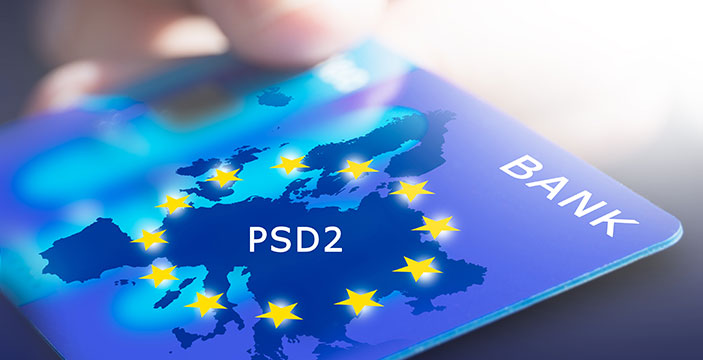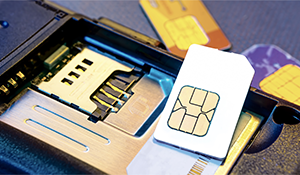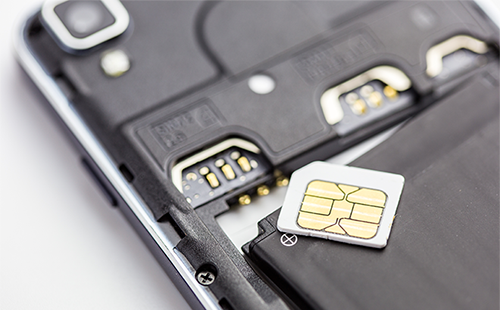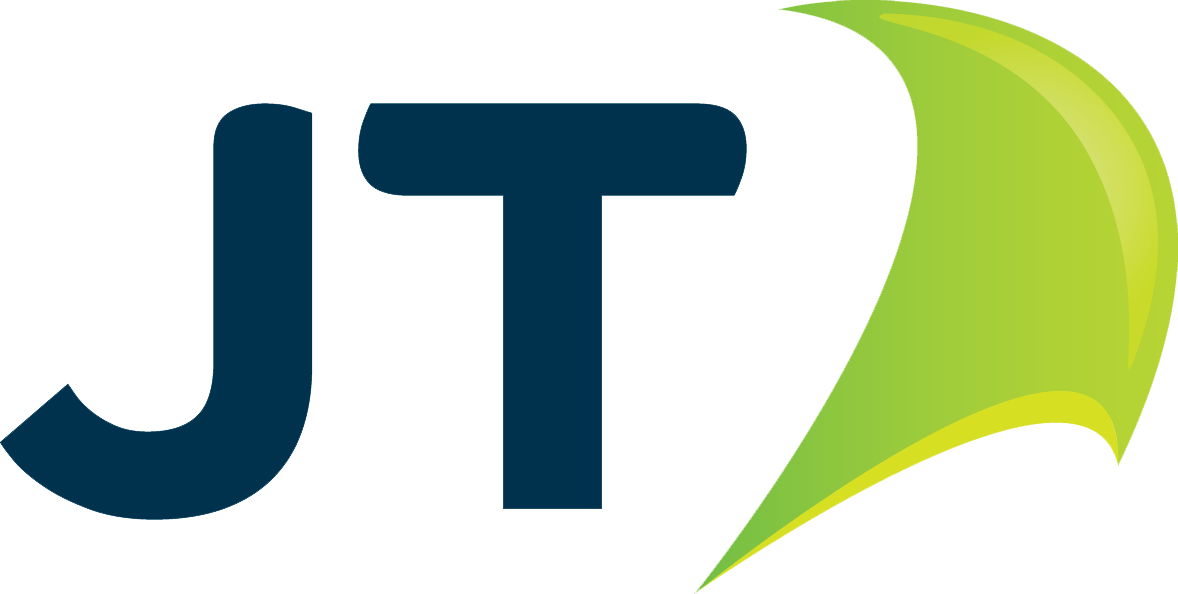
JT International Blog
Posts by:
JT FPS


The current status of PSD2 adoption across the UK and Europe
Read More
The State of Financial Fraud
Read More
4 mobile fraud trends to be aware of in 2022
Read More
Third-party online payments: a risk for customers, banks and merchants alike
Read More
What are the most important fraud protection trends for 2020?
Read More
JT brings to market a managed service to protect against SIM swaps
Read More
What is SIM swap and how to protect yourself against it?
Read More
Extended PSD2 deadline: what does it mean for payment service providers?
Read More
